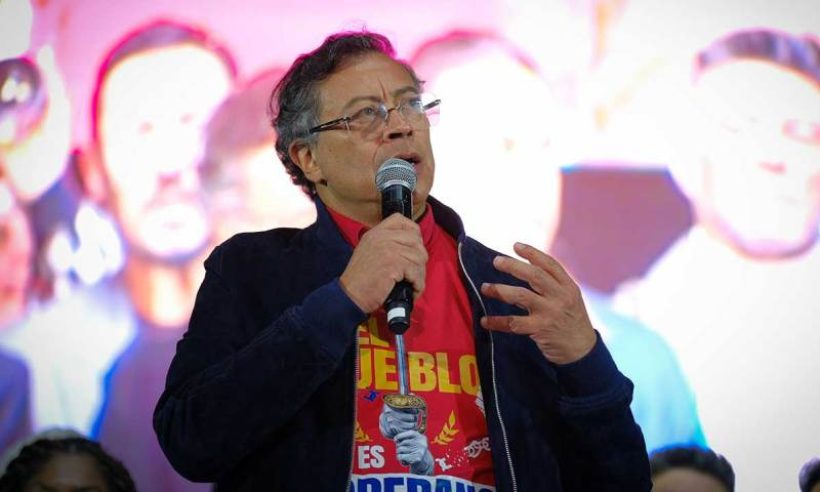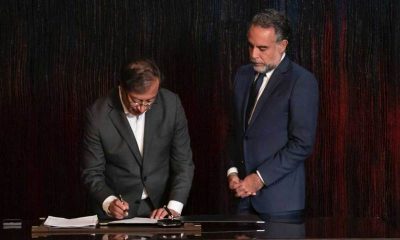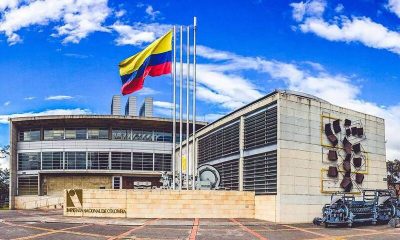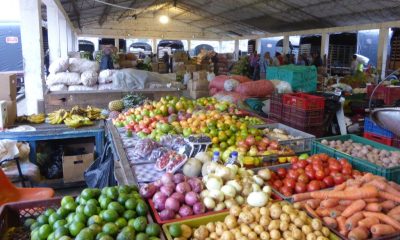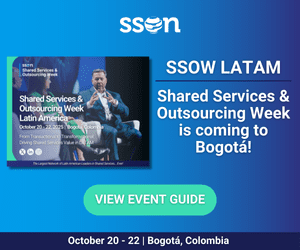Colombian Banks Hint They Will Support Trump Administration In Sanctions Against President Gustavo Petro
On Friday, October 24th, 2025, the same day that Colombian President Gustavo Petro called for (lightly attended) mass gatherings in protest against the US, and the Trump Administration announced the addition of Petro to “the Clinton List of sanctioned individuals connected to drug trafficking, Asobancaria, Colombia’s banking industry association announced the following (translated):
Banking Sector Statement on the Update of the OFAC Designated Parties List
Bogotá, D.C., October 24, 2025 (@Asobancaria). The Colombian financial system has been a global benchmark in the fight against money laundering and terrorist financing for more than three decades. In fact, Colombia was the first country in the Americas to have an anti-money laundering system, following the 1992 Interbank Agreement for the Detection, Prevention, and Suppression of Illicit Capital Movements.
Since then, the country has maintained strict compliance with standards in this area, with collaboration and communication with both U.S. authorities and correspondent banks being essential.
In light of the recent decision by the United States government to include the President of the Republic, members of his family, and the Minister of the Interior on the OFAC list, the sector reiterates its commitment to compliance with international standards. At the same time, it will continue to act in accordance with financial consumer rights, local regulations, and the jurisprudence of the Constitutional Court.
The Colombian financial system will begin working in coordination with national and international authorities to preserve its stability and integrity, as well as the trust of its citizens.
In other words, the banks, through their trade organization, as not to expose any individual bank, have stated that they intend to comply with sanctions, subject to “financial consumer rights, local regulations, and the jurisprudence of the Constitutional Court.”
Analysis
It is hard to imagine a local bank freezing President Gustavo Petro’s personal accounts during the remaining 10 months of his presidency. The President directly controls Colombia’s financial regulation agency, Superfinanciera, and also influences, Banco De La República, the country’s central bank. Once the president leaves office, unless replaced by an ally (somewhat unlikely), there is no love lost between the current leftist president and the financial sector. Aside from this, the local banks would have more to lose being cut off from the international financial system than from facing the ire of Petro’s remaining supporters, post-presidency. The banking sector and its shareholders have faced constant attacks from Petro during his presidency, with him calling them “oligarchs” and “controllers of capital.”
Should a Petro ally actually win next year’s presidential election, all bets are off, as the banks will face pressure to be sympathetic to Petro at the cost of losing access to the international financial system in an environment of accelerating capital flight and diminishing foreign direct investment (FDI).
In the short term, expect local banks to play a waiting game, It is not immediately apparent that Petro or his family has any great wealth to lose abroad, though the designation may seriously retard his apparent ambitions of being some sort of international revolutionary statesman on the global stage post-presidency, with travel and financial restrictions in OFAC compliant jurisdictions, almost everywhere except bastions of liberty such as Iran, Russia, North Korea, Cuba, and Nicaragua.










